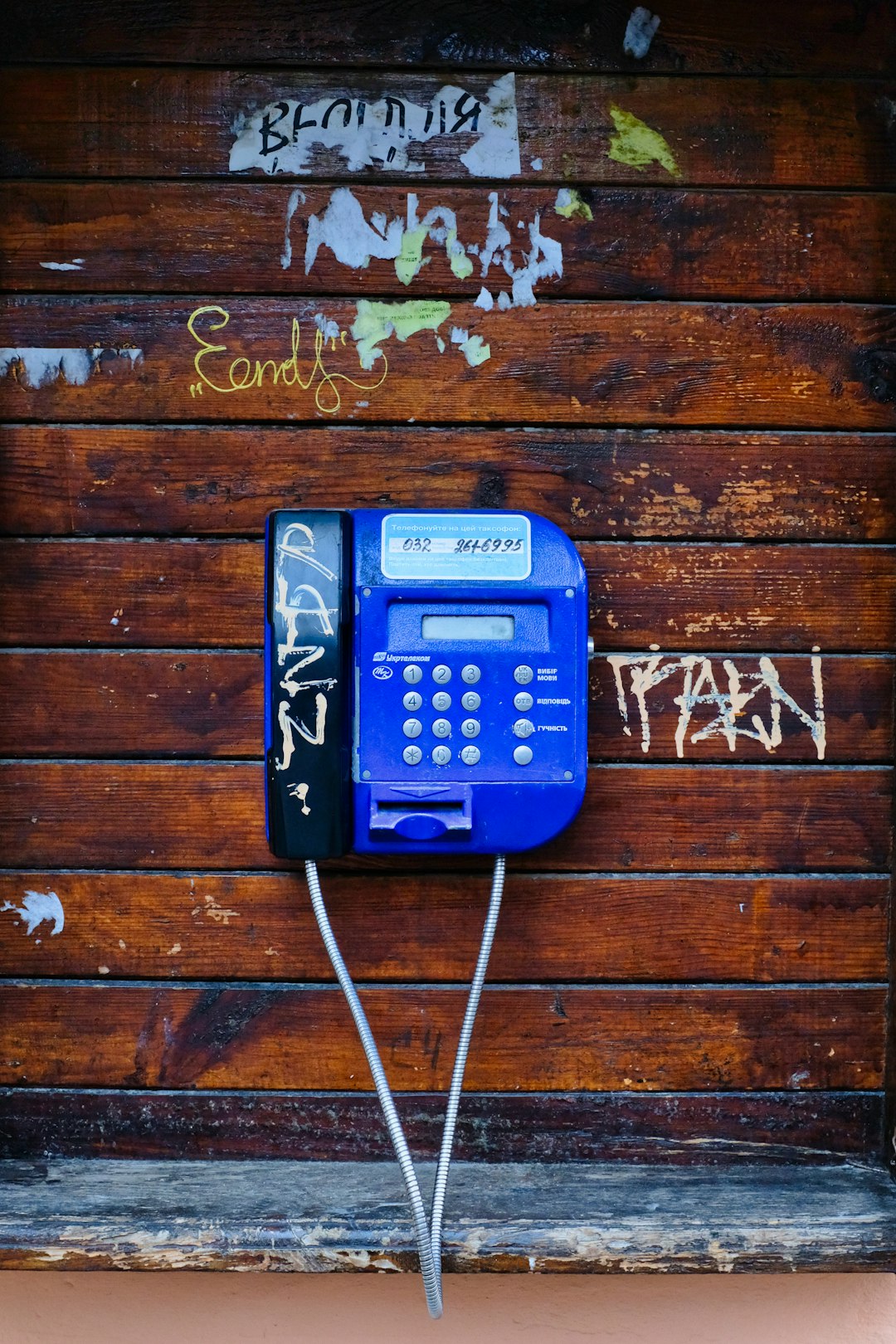In the digital era, spam text (Spam Text Houston) is a prevalent issue, with Texas law rigorously addressing it through its Unfair or Deceptive Practices Act (UDPA). To combat this, document all evidence, including message metadata and logs. Report these to authorities like the FTC or local police. Consult a lawyer specializing in telecom laws to file a civil lawsuit under the Telephone Consumer Protection Act (TCPA), seeking compensation for distress and financial losses. While suing spammers involves complexity and costs, it's crucial for protecting individual rights in Houston's tech-driven business landscape.
“Are you tired of relentless spam texts flooding your Houston-based phone lines? Understanding your legal rights is the first step towards reclaiming control. This comprehensive guide navigates the process of suing for spam texts in Webster, Texas. From identifying and gathering evidence against spammers to understanding the legal framework, we demystify the steps involved. Learn how to protect yourself and potentially recover damages. Discover the benefits of taking action against these pesky digital intruders.”
Understanding Spam Texts and Legal Rights in Texas

In the digital age, Spam Texts have become a pervasive issue, particularly in bustling cities like Houston. These unwanted and often malicious messages can range from promotional offers to threats and harassment. Understanding what constitutes Spam Text Houston is the first step towards knowing your rights. According to Texas law, businesses or individuals who send spam texts face legal repercussions, including monetary fines and injunctions.
Texas has stringent regulations in place to protect consumers from intrusive and fraudulent messaging. The state’s Unfair or Deceptive Practices Act (UDPA) prohibits the use of deceptive acts or practices in commercial transactions, including unsolicited text messages that promote or solicit goods or services. If you’ve received spam texts, documenting the instances, saving relevant messages, and contacting a legal professional specialized in Texas Spam Text laws are crucial steps towards taking legal action.
Gathering Evidence for Your Case Against Spammers

When building a case against spam texts, especially in Webster, gathering robust evidence is paramount. Start by retaining all messages that serve as the basis of your complaint. These texts can be crucial pieces of evidence, detailing the nature and frequency of the spamming activities. Take screenshots or make copies of these messages, ensuring you document dates, times, and any personal information shared.
Additionally, gather metadata from your device, such as IP addresses and call logs, which can help trace the origin of the spam texts. Keep a log of when and how often these messages arrive, as this temporal data is valuable in demonstrating patterns of harassment. If possible, obtain similar evidence from others who have received identical or similar spam texts, as this collective proof can strengthen your case for a Spam Text Houston lawsuit.
Navigating the Legal Process to Sue for Spam Texts

Navigating the legal process to sue for spam texts in Houston can seem daunting, but understanding the steps involved is crucial. The first step is to gather evidence, including screenshots of the unwanted messages, timestamps, and any identifying information about the sender. This documentation is essential when filing a complaint with the Federal Trade Commission (FTC) or reporting the issue to your local law enforcement agency.
Once you’ve reported the spam texts, legal experts recommend consulting an attorney specializing in telecom or consumer protection laws. They can guide you through the process of filing a civil lawsuit under the Telephone Consumer Protection Act (TCPA). This federal law prohibits automated and prerecorded calls made without prior consent and offers substantial financial penalties for violators. With the right legal representation, you can hold spam text senders accountable and seek compensation for any distress or financial loss caused by their actions.
Potential Damages and Benefits of Filing a Lawsuit in Webster

When considering legal action against spammers in Webster, understanding potential damages and benefits is crucial. Filing a lawsuit for spam texts can result in significant financial compensation for victims. Depending on the severity and extent of the campaign, individuals or businesses may be entitled to recover damages that include not only the cost of the messages but also any associated emotional distress or loss of privacy. These awards can serve as a powerful deterrent against future spamming activities.
However, pursuing legal action is not without its challenges. It involves navigating complex legal procedures and can be time-consuming and costly. Victims must gather substantial evidence to support their case, including documentation of the messages, records of purchases made in response to the spam (if any), and testimony detailing the impact of the spamming on their lives. Despite these potential drawbacks, many believe that taking a stand against spam texts is essential for protecting individual rights and fostering a more respectful digital environment, especially in the context of Houston’s tech-driven business landscape.






